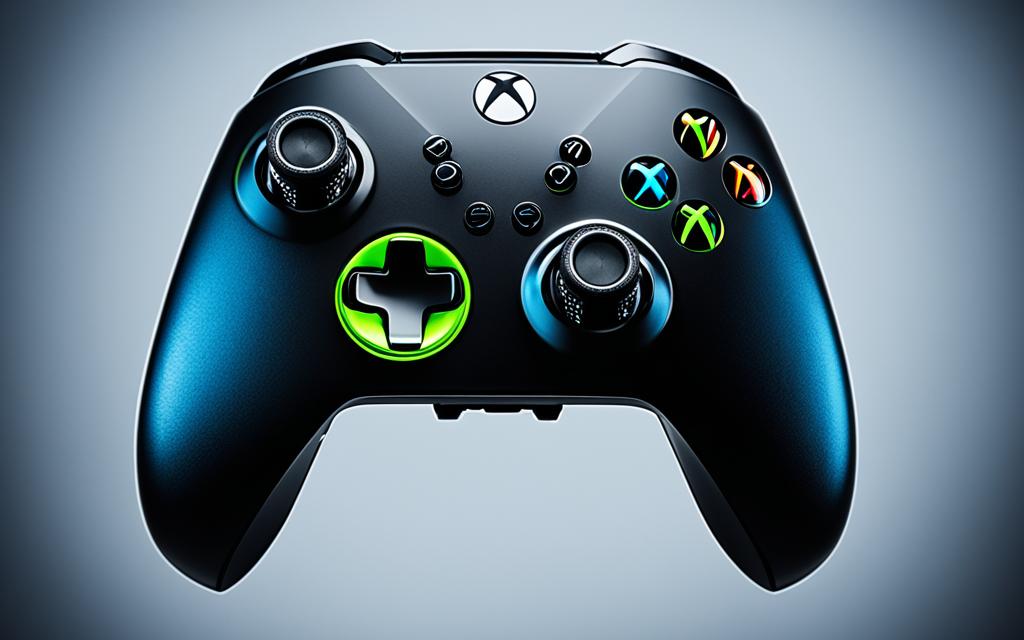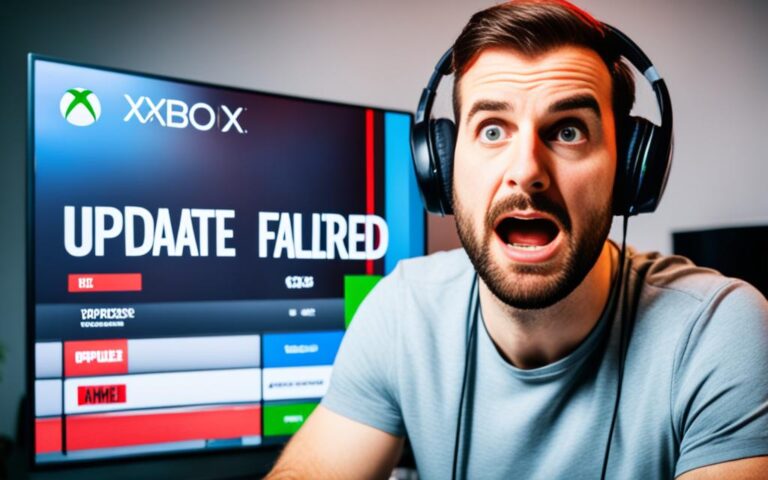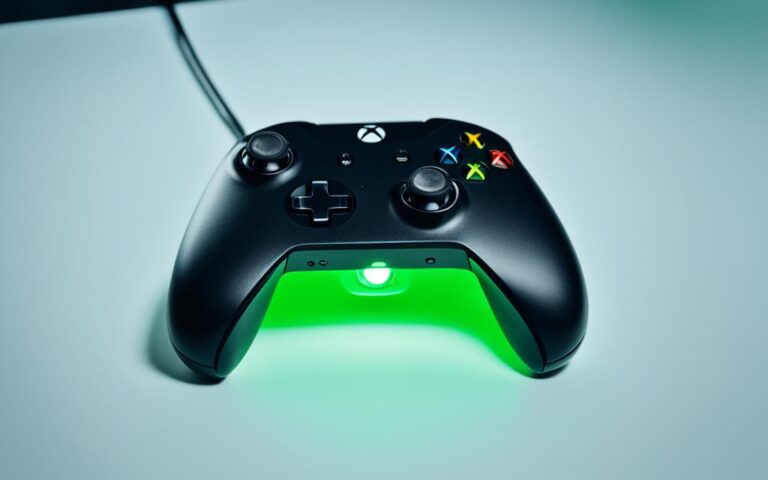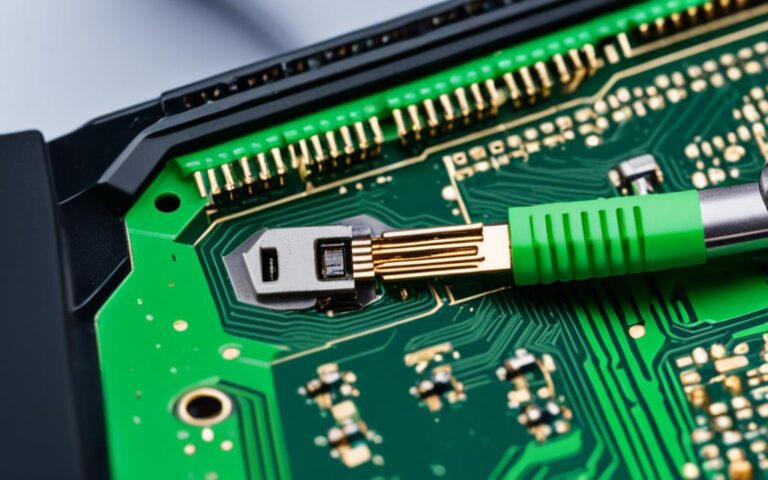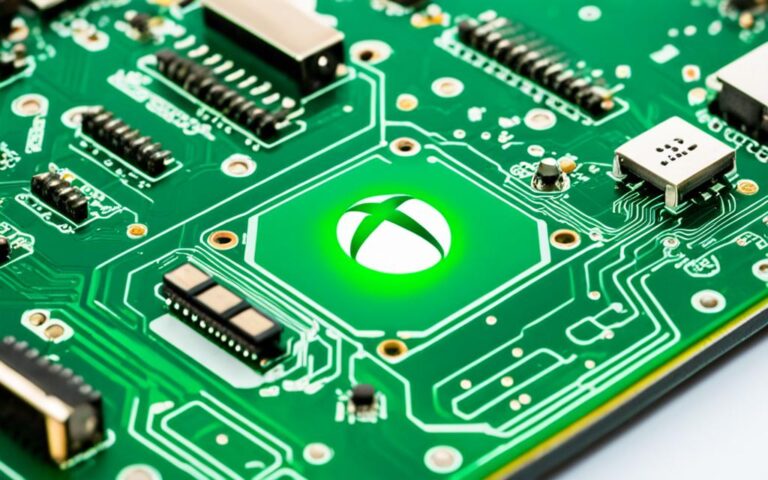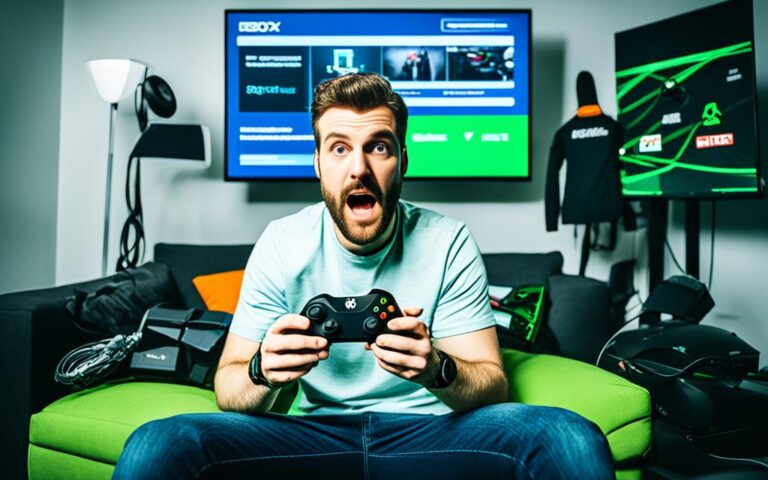The Impact of Third-Party Accessories on Xbox Functionality
Xbox recently announced that third-party accessories and controllers will no longer be compatible with systems after an upcoming update. This decision has raised concerns among disabled Xbox gamers, as it will ultimately impact their capability to play.
While the Xbox Adaptive Controller and its accessories are not affected, many disabled individuals rely on other third-party devices to enhance their gaming experience. The community has expressed disappointment and uncertainty about the ways in which these changes will affect their setups and the overall cost of their equipment.
With this new policy, the compatibility of Xbox third-party accessories is now in question. The exclusion of unauthorized accessories from the Xbox ecosystem poses challenges for disabled gamers who heavily depend on these tools. Let’s delve deeper into the concerns and impact this decision has on individual disabled players.
Xbox’s Decision and Community Concerns
Microsoft recently made the decision to ban the use of certain third-party accessories on all Xbox consoles, effective from November 12. This announcement has sparked widespread concerns and disappointment within the gaming community, particularly among disabled players.
The company has provided a list of approved tech on their website, reassuring players that the Xbox Adaptive Controller and compatible peripherals will not be affected. However, this clarification has not addressed the concerns of disabled individuals who rely on other accessibility tools to enhance their gaming experience.
The lack of further information and clarification from Microsoft has caused fear and uncertainty within the disabled gaming community. Many players worry that they will lose access to their Xbox systems without suitable alternatives. This has generated a significant amount of community concerns and raised questions about the compatibility of third-party accessories with future Xbox updates.
Quotes:
“As a disabled gamer, I rely on third-party accessories to level the playing field and ensure that I can fully enjoy my gaming experience. This decision feels like a step backward for accessibility.” – Sarah Thompson
“I appreciate that Xbox is prioritizing compatibility and system integrity, but they need to consider the impact on disabled gamers. It’s important to find a solution that acknowledges and addresses our specific needs.” – Michael Patel
It is crucial for Microsoft to acknowledge and address the concerns of the disabled gaming community. As the release of the update approaches, clarity and transparency regarding compatibility and accessibility alternatives are essential.
| Community Concerns | Possible Impact |
|---|---|
| Losing access to customized setups | Disability tax due to the added expense of approved peripherals |
| Fear of limited options for disabled gamers | Reduced accessibility and inclusivity |
| Uncertainty about future compatibility | Disruption of gaming experiences for disabled players |
The Impact on Individual Disabled Gamers
Disabled gamers have unique needs and rely on third-party accessories to overcome hardware inaccessibility. The decision to block unauthorized accessories has left many disabled individuals unable to use their customized setups. For gamers with chronic pain, fatigue, or physical disabilities, standard controllers can be uncomfortable and limit their ability to play. Many disabled players use arcade fight sticks or controllers with ergonomic layouts to improve their gaming experience. However, these customized setups may become obsolete with the new Xbox policy, leaving disabled gamers with limited options and wasted investments.
The Importance of Customized Controllers
For disabled gamers, having customized controllers is crucial for a comfortable and inclusive gaming experience. These specialized controllers are designed to accommodate specific disabilities and enhance gameplay. Whether it’s an adaptive controller with programmable buttons or a joystick for precise movements, third-party accessories provide the flexibility and control that standard controllers often lack.
“By utilizing third-party accessories, disabled gamers can level the playing field and fully immerse themselves in the gaming world.” – David Thompson, a disabled gamer and advocate
The Consequences of the Xbox Policy
With the new Xbox policy, disabled gamers face the loss of their customized setups, impacting their ability to enjoy games and participate in the gaming community. Many disabled individuals have invested time and money in creating their gaming setups, only to find them rendered unusable. This disruption not only limits their gaming experiences but also adds unnecessary frustration and disappointment.
The lack of alternative options from Xbox leaves disabled gamers with limited choices. While the Xbox Adaptive Controller is a remarkable tool, its compatibility with third-party accessories is now exclusive to approved peripherals. This restriction not only narrows the possibilities for customization but also increases the financial burden for disabled players who require specialized equipment.
The Way Forward
Xbox must recognize the significance of third-party accessories for disabled gamers, not only in terms of accessibility but also in fostering inclusivity within the gaming community. By working closely with disabled gamers and advocacy groups, Xbox can develop solutions that address their unique needs while maintaining the necessary controls to ensure hardware compatibility and security.
Additionally, Microsoft should provide clearer guidelines and communication regarding which third-party devices will be authorized and continue to support alternative accessibility options. By doing so, they can reaffirm their commitment to inclusivity and accessibility for all gamers.
| Impact of Xbox Policy on Disabled Gamers | Key Points |
|---|---|
| Limited access to customized setups | – Standard controllers can be uncomfortable and limiting for disabled gamers – Customized setups become obsolete with the new Xbox policy |
| Financial burden for disabled players | – Specialized equipment can be expensive – Added cost of approved peripherals creates a financial barrier |
| Restricted options and choices | – Lack of alternative third-party devices from Xbox – Limited customization possibilities for disabled gamers |
It is essential for Xbox to prioritize the needs of disabled gamers and work towards a solution that balances security measures with accessibility and customization. By embracing third-party accessories and fostering an inclusive gaming environment, Xbox can demonstrate its commitment to the diverse and passionate gaming community.
Financial Barriers and Broken Promises
Accessible equipment for disabled gamers can be costly, with Xbox third-party accessories such as the Xbox Adaptive Controller and other peripherals amounting to approximately $200. However, disabled individuals often spend even more on additional accessories to accommodate their specific needs.
Unfortunately, Microsoft’s decision to block unauthorized third-party devices not only limits accessibility options, but it also adds unexpected financial barriers for disabled gamers. This move goes against Xbox’s previous commitments to accessibility and inclusivity, breaking the trust of the disabled gaming community.
The added expense of approved peripherals creates a “disability tax” that many individuals cannot afford, placing an undue burden on already financially constrained disabled gamers.
The Cost of Xbox Third-Party Accessories
Let’s take a closer look at the potential financial impact for disabled gamers:
| Accessories | Price |
|---|---|
| Xbox Adaptive Controller | $99.99 |
| Xbox Adaptive Controller Accessories | $30 – $100+ |
| Other Third-Party Accessories | Varies |
As you can see, the cost of building a fully customized setup can quickly escalate. This not only includes the Xbox Adaptive Controller itself but also additional accessories like customized buttons, switches, and joysticks that cater to individual needs. Prior to Xbox’s decision to block third-party devices, disabled gamers had the freedom to explore a wider range of options at varying price points.
“The added expense of approved peripherals creates a “disability tax” that many individuals cannot afford.”
Moreover, the sudden shift in policy contradicts Xbox’s earlier promises of promoting accessibility and inclusivity. This broken promise further frustrates and disappoints disabled gamers who have relied on third-party accessories to level the playing field and enjoy their gaming experiences.
With increased financial barriers and limited compatibility, disabled gamers are left feeling marginalized and excluded from a community they once belonged to.
Conclusion
Microsoft’s recent decision to restrict the use of unauthorized third-party accessories on Xbox consoles has caused significant concern and disappointment among disabled gamers. While the Xbox Adaptive Controller remains unaffected, the lack of clarity and alternatives for disabled individuals raises questions about the company’s commitment to accessibility and inclusivity.
The disabled gaming community relies heavily on third-party devices to overcome hardware limitations and enhance their gaming experience. Customized controllers and accessories tailored to their specific needs provide a vital lifeline for disabled gamers, allowing them to participate fully in the gaming world. However, with the new policy in place, these essential tools may become obsolete, leaving disabled players with limited options and wasted investments.
Furthermore, this decision creates financial barriers that disproportionately affect disabled individuals. Accessible equipment, including the Xbox Adaptive Controller and compatible peripherals, comes with a considerable price tag. By restricting the use of third-party accessories, Microsoft is essentially imposing an additional “disability tax” on disabled gamers, making it even more challenging for them to access the tools they need to enjoy their gaming experience.
In order to uphold their commitment to accessibility and inclusivity, it is crucial for Xbox and Microsoft to address the concerns raised by the disabled gaming community. A clear and comprehensive policy on third-party accessories, along with affordable alternatives, should be put in place to ensure that disabled gamers can continue to participate and thrive within the Xbox gaming ecosystem.
